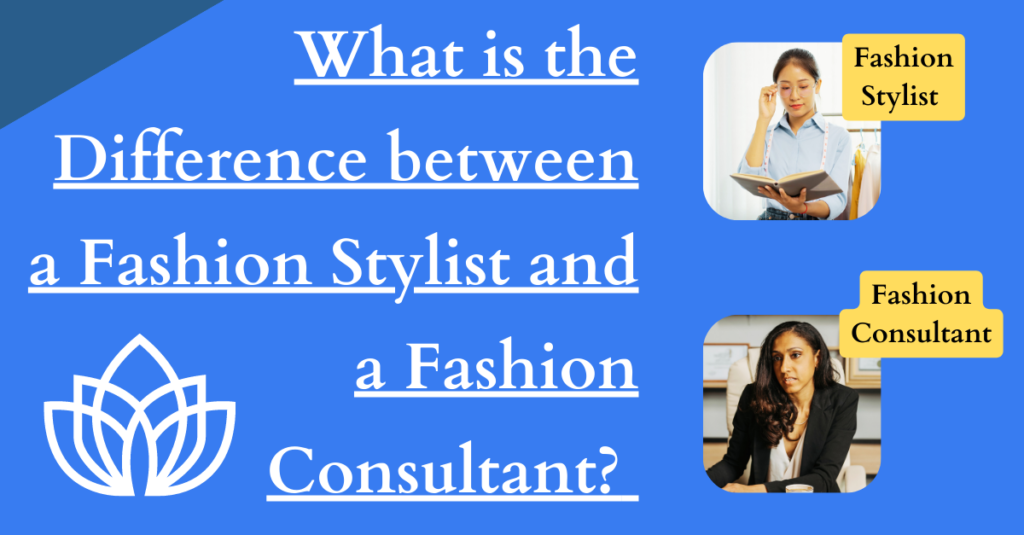Fashion Startups with Cruelty-Free options: The Future of Fashion is Cruelty-Free
The fashion industry has long been associated with cruelty, whether it’s through the use of animal fur, leather, or testing on animals for cosmetics. However, as consumers become more conscious about the impact of their choices on animals and the environment, the demand for cruelty-free fashion options has increased significantly. This has led to the rise of fashion startups that offer cruelty-free options, which not only cater to ethical and environmental concerns but also offer innovative and trendy products that are on par with mainstream fashion.
Cruelty-free fashion refers to clothing, shoes, accessories, and other fashion products that do not involve the use of animals or animal-derived materials, nor are they tested on animals. These products are typically made from synthetic materials or natural materials that are sustainably sourced and harvested, such as organic cotton or bamboo. While cruelty-free fashion has been around for some time, it is only recently that it has gained significant momentum, thanks to the growth of veganism and sustainability movements.
The benefits of cruelty-free fashion are numerous. For one, it eliminates the suffering of animals that are often used in the production of fashion products. Animals are often kept in cramped, unsanitary conditions and subjected to cruel and painful practices such as force-feeding, confinement, and mutilation. By choosing cruelty-free fashion, consumers can contribute to ending this inhumane treatment of animals.
Moreover, cruelty-free fashion is more environmentally sustainable. Animal farming is a major contributor to greenhouse gas emissions, water pollution, and deforestation. By reducing the demand for animal products, cruelty-free fashion can help mitigate the impact of animal farming on the environment. Additionally, cruelty-free materials such as organic cotton and recycled fabrics are often more sustainable than animal-derived materials, which require large amounts of resources and energy to produce.
The rise of cruelty-free fashion startups
The demand for cruelty-free fashion has led to the emergence of a new breed of fashion startups that are focused on offering ethical and sustainable fashion options. These startups are often run by young entrepreneurs who are passionate about animal welfare and environmental sustainability, and who are committed to making a positive impact through their businesses.
One such startup is Votch, a UK-based brand that offers a range of vegan watches made from sustainable and eco-friendly materials. The company was founded in 2016 by Laura Way, who was inspired to start the business after struggling to find a cruelty-free watch that was also stylish and affordable. Votch’s watches are made from materials such as Piñatex, a leather alternative made from pineappleleaf fibers, and recycled PET, a material made from recycled plastic bottles. The company also donates a portion of its profits to animal welfare charities.
Another cruelty-free fashion startup is Beyond Skin, a UK-based footwear brand that specializes in vegan shoes made from sustainable materials such as recycled polyester and organic cotton. The company was founded in 2001 by Natalie Dean, who was frustrated by the lack of stylish and comfortable vegan shoes on the market. Beyond Skin’s shoes are designed to be both fashionable and functional, with a range of styles that cater to different tastes and occasions. The company also uses eco-friendly packaging and donates a portion of its profits to animal welfare organizations.
In the US, another cruelty-free fashion startup making waves is Synergy Organic Clothing, a brand that offers sustainable and ethical clothing made from organic cotton and other eco-friendly materials. The company was founded in 1993 by Kate Fisher, who was inspired by her travels to Nepal and India and her passion for ethical and sustainable fashion. Synergy’s clothing is designed to be comfortable and versatile, with a range of styles that can be dressed up or down. The company also uses eco-friendly packaging and donates a portion of its profits to environmental and social causes.
These are just a few examples of the many cruelty-free fashion startups that are emerging around the world. These startups are not only offering ethical and sustainable fashion options, but they are also challenging the traditional fashion industry by demonstrating that cruelty-free fashion can be stylish, affordable, and accessible to everyone.
The challenges facing cruelty-free fashion startups
While the growth of cruelty-free fashion startups is encouraging, these businesses still face a number of challenges. For one, the fashion industry is dominated by large corporations that have significant resources and established supply chains. These corporations often have the ability to undercut smaller startups on price, making it difficult for cruelty-free fashion startups to compete.
Additionally, many consumers still prioritize price and convenience over ethical and environmental concerns. This means that cruelty-free fashion startups must work hard to convince consumers that their products are not only ethically and environmentally responsible but also worth the extra cost and effort.
Finally, there is still a lack of awareness and understanding among consumers about the impact of their fashion choices on animals and the environment. Many consumers are simply unaware of the cruelty and environmental damage that can result from the production of animal-derived materials and the testing of cosmetics on animals. This means that cruelty-free fashion startups must work hard to educate consumers about these issues and the benefits of choosing cruelty-free fashion options.
The future of cruelty-free fashion
Despite these challenges, the future of cruelty-free fashion looks bright. As more consumers become aware of the ethical and environmental impact of their choices, the demand for cruelty-free fashion options will continue to grow. This will create opportunities for cruelty-free fashion startups to expand their offerings and reach more consumers.
Moreover, as technology continues to evolve, new and innovative materials are being developed that can replace animal-derived materials. For example, companies such as Bolt Threads are developing synthetic materials that mimic the properties of silk and leather, without the need for animals. This means that cruelty-free fashion startups will have access to a wider range of materials that are not only ethical and sustainable but also stylish and functional.
Finally, as consumers become more conscious of their choices, they are also becoming more vocal about their preferences. This means that companies that fail to prioritize ethical and environmental concerns risk losing customers and damaging their brand reputation. As a result, we can expect to see more mainstream fashion brands incorporating cruelty-free options into their product offerings, as they respond to consumer demand.
In conclusion, the rise of cruelty-free fashion startups is a promising development for the fashion industry and for animal welfare and environmental sustainability more broadly. These startups are demonstrating that fashion can be ethical and sustainable, without sacrificing style or quality. As more consumers become aware of the impact of their fashion choices, we can expect to see a shift towards cruelty-free fashion, with startups leading the way towards a more compassionate and sustainable future.

My name is Rohit Vagh and I’m a content writer specializing in fashion and lifestyle. I have three years of experience in this field and have written various articles. My writing style is creative and engaging, and I strive to create content that resonates with my readers. I have a deep passion for fashion and am constantly researching the latest trends and styles to make sure my readers are up to date. I’m excited to continue my career in blogging, and I’m always looking for new opportunities in the fashion and lifestyle space.





